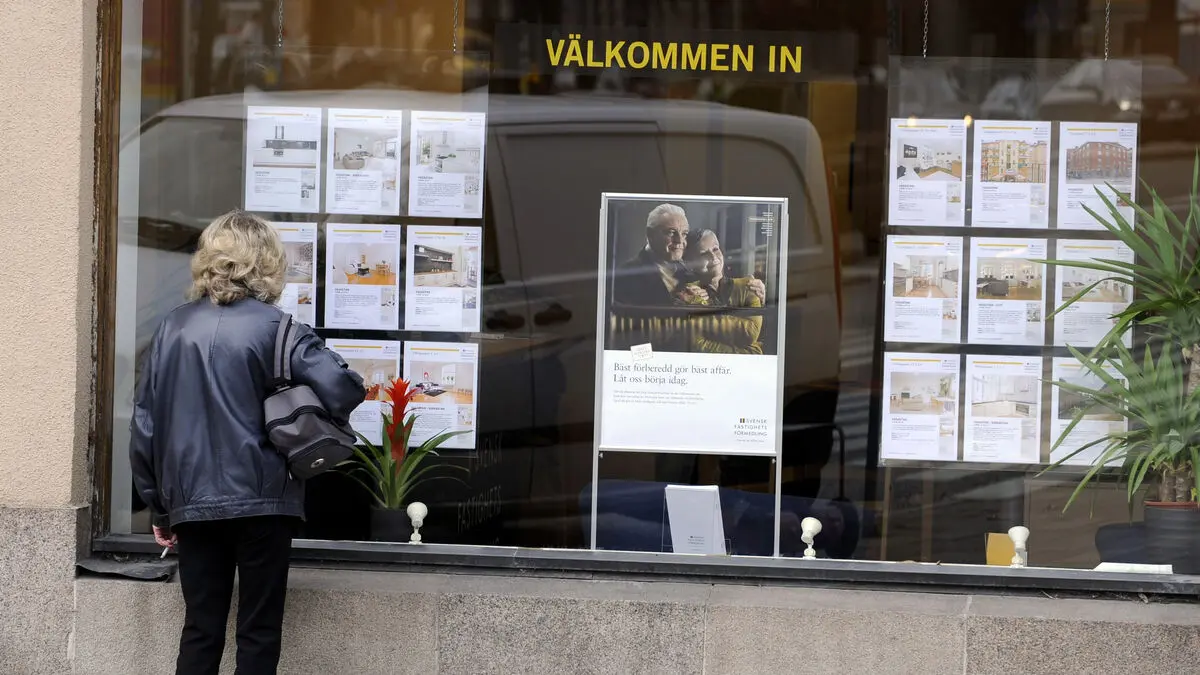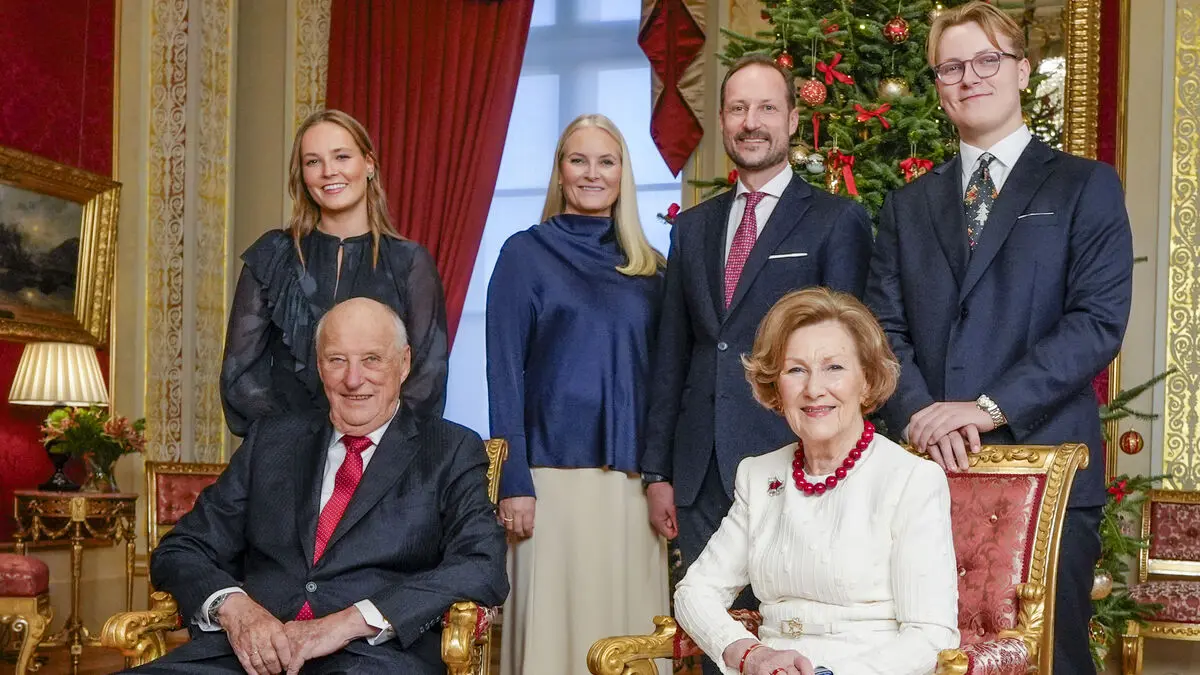For the second month in a row, tenant-owned apartment prices are now rising, this time by 1.7 percent compared to the previous month, according to Swedish Real Estate Statistics.
Above all, there is a noticeable increase in central Stockholm, which traditionally leads the way for other parts of the country. There, prices rose by 3.3 percent, which is up 0.2 percent on an annual basis.
However, Erik Wikander, CEO of Svensk Faktisförmedling, sees the price trend as contradictory.
"I'm a bit torn about the numbers. Prices are going up for tenant-owned apartments, but at the same time there are fewer tenant-owned apartment transactions than in October last year," he tells TT.
Advertisement
In October this year, 16,500 transactions were completed, 4 percent fewer than the previous year. It is also above all a certain type of property that remains challenging to sell on the market, according to Erik Wikander:
The problem is basically what has been going on for a long time with a very large supply of 1:s and 2:s where sales are not picking up. People don't really dare to act.
Not picking up speed
The fact that sales are not picking up for these properties is due to the fact that many buyers bought during the price peak a couple of years ago.
They are waiting and seeing if prices rise. It is their cash investment for their next home that is at stake and that is why we see continued sluggishness.
Advertisement
Both Erik Wikander and Marcus Svanberg, CEO of Länsförsäkringar's real estate agency, testify that brokers are generally noticing increased activity in home viewings.
We first noticed in the inner city that there were more bidding. Otherwise, the tendency over the past year has been that sometimes people even had to haggle on the starting price to get housing,” says Marcus Svanberg.
There is now increasingly a bid premium to the starting price instead, and that is driving up prices.
Left unchanged
The Riksbank announced this week that the key interest rate will be left unchanged. However, according to Marcus Svanberg, buyers have generally gained more confidence as the economic unrest linked to, among other things, the tariff war has now subsided.
"Looking ahead to next year, we see that the tax cuts will make things easier. We have made a forecast that prices next year will rise by around 5–6 percent," he says.






